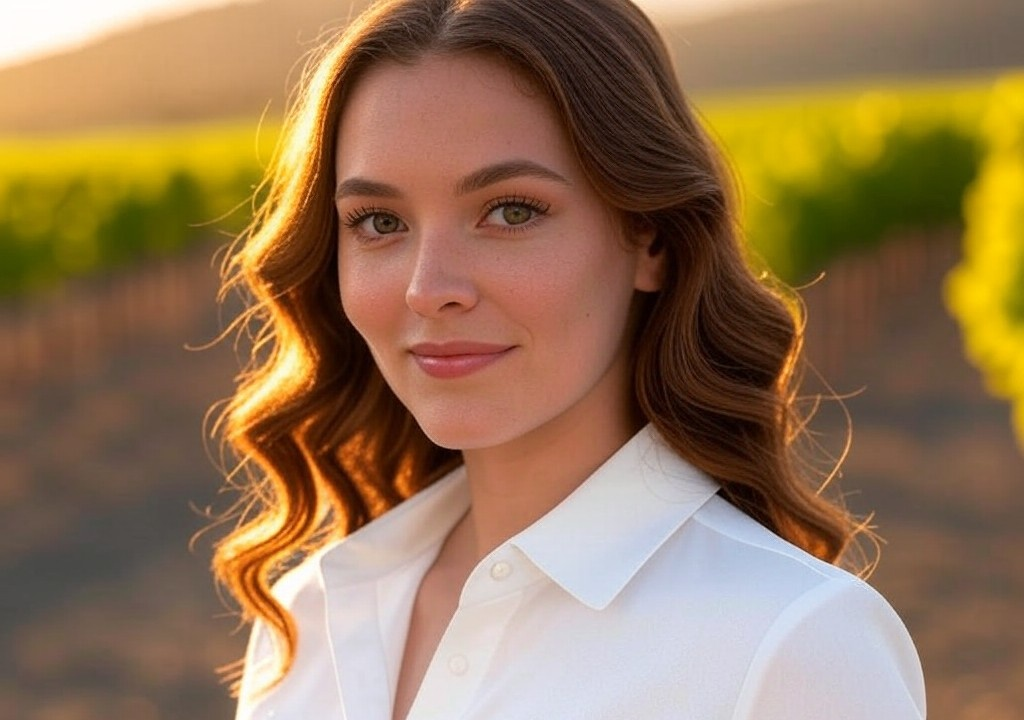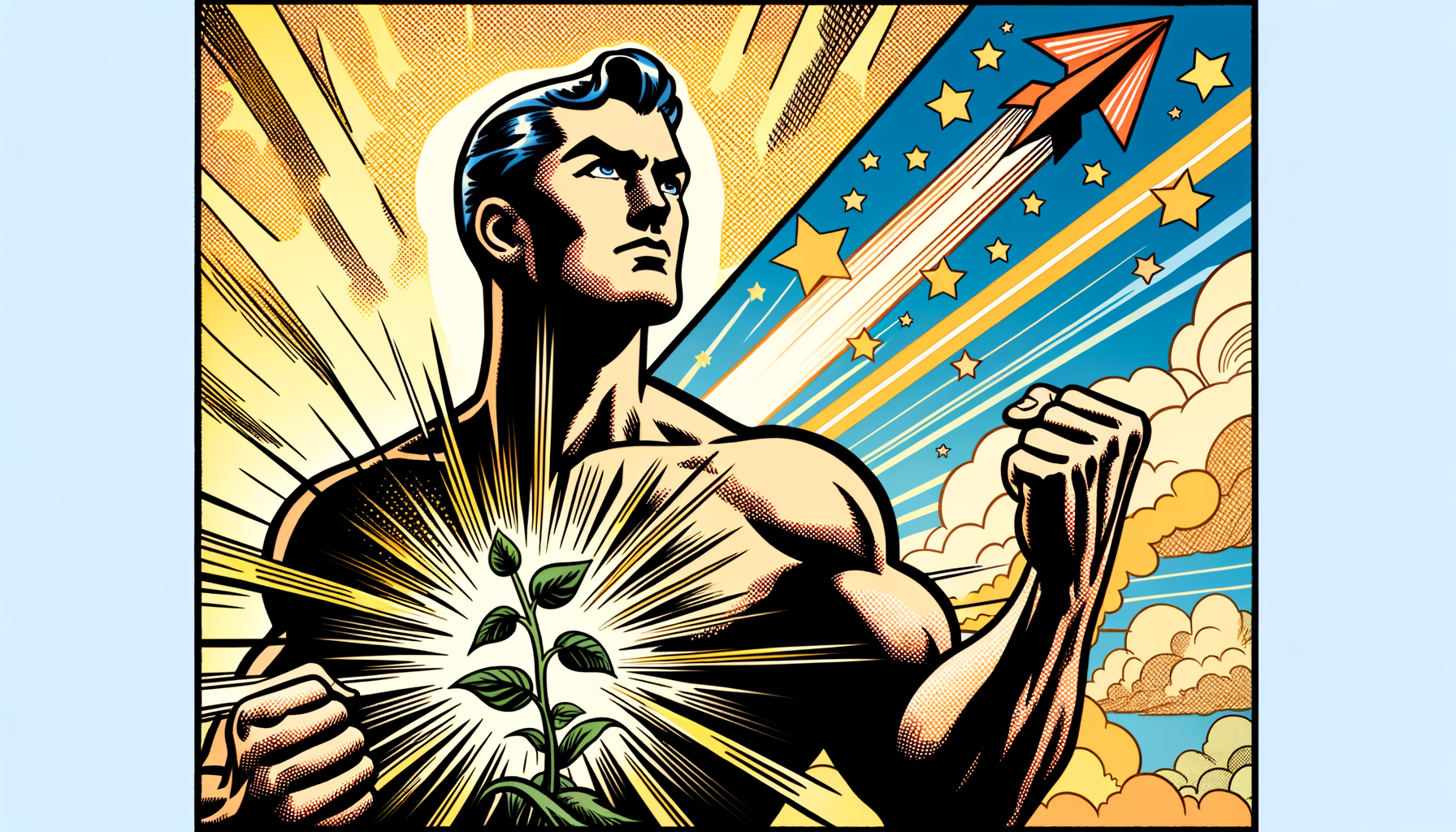My Greatest Risk
I used to think “risk” was ordering the mystery pairing on a tasting menu or not decanting a particularly feisty cabernet. To be fair, I grew up in Napa Valley, where calculated indulgence is practically written into the local bylaws. But real risk? Like putting something on the line, heart pounding, palms clammy? Let’s just say I didn’t come across many opportunities to step outside my meticulously balanced comfort zone. That is, until I sat across from a French sommelier in a quiet Dijon café and told him I couldn’t stay.
Act One: A Leap of Faith (And a Little Burgundy)
Back up six months. I had just arrived in France for a semester abroad, ready to dive headfirst into gastronomic literature and boulangeries in equal measure. My days were filled with lectures on Escoffier and evenings spent scribbling wine notes while cradling a glass of Chablis. It was pure academia-meets-hedonism—a chapter of my life that could’ve been sponsored by buttery croissants and impossibly charming villages.
And then there was Jean-Luc.
Of course he was called Jean-Luc! He was tall, angular in that perpetually-starving-artist way, and devastatingly articulate about—yes—wine. He worked at a family vineyard, which made our connection feel like a full-circle moment. While my upbringing gave me a reverence for viticulture, Jean-Luc’s passion came from soil-stained roots. I’d never met someone whose personal history was so entwined with grapevines, and honestly? It was intoxicating.
What Jean-Luc and I had was romantic in every sense of the word. Afternoons cycling through medieval towns, evenings tasting obscure varietals no one had heard of, and late-night debates about the merits of biodynamic farming. It was the kind of relationship that feels cinematic while it’s happening. You almost expect Edith Piaf to start playing in the background.
It was also, however, intensifying rapidly. By the halfway mark of my semester, Jean-Luc began hinting—not subtly—that I should stay. “What’s a few lost credits,” he teased one night, “in the grand story of love?”
Now listen. Do I romanticize things? Guilty as charged. But something about that “grand story of love” froze me. Because how do you tell a hopeless romantic that maybe—just maybe—you’re not one?
Act Two: The Fine Print of Passion
Here’s the thing about falling in love abroad: It’s not like the movies. Sure, there are cobblestones and accordion solos, but there’s also a lot of second-guessing. Was I staying because I loved him? Or staying because I loved what he represented—a picture-perfect fantasy of reckless devotion? And then there was a heavier question looming beneath it all: Who was I outside of this?
Growing up in wine country, I had been taught to chase balance. Food and drink, work and play, indulgence and discipline—all things, as my parents said with spiritual authority, should complement one another. But nothing about this relationship felt balanced. I was teetering on the edge of a decision that would rewrite my young life, unsure whether it was fueled by inspiration or infatuation.
One night, during a particularly heady discussion about terroir and destiny (this man adored his metaphors), Jean-Luc said, “What if the greatest risk isn’t staying, but going?” He wasn’t trying to be profound; it was just one of those charmingly French things people say that you’ll stew over for weeks. But dang—he wasn’t wrong.
Act Three: The Goodbye Café
Which brings us back to that café in Dijon. My stomach churned not with anticipation but with very real croissant regret, and I couldn’t bring myself to meet his eyes when I finally said it: “I have to leave.”
The words felt heavier than my packed suitcase as I explained that though I loved him, I couldn’t hold onto this relationship at the expense of myself. I had worked so hard to become someone—studying, traveling, building a future I was proud of—and to drag it all back across oceans would compromise that. He listened quietly, a storm on the horizon of his face. Even now, years later, I can’t quite describe the feeling of walking away from someone I cared deeply about, someone whom I knew couldn’t follow me where I was going.
But here’s the thing: I wasn’t leaving Jean-Luc because I didn’t love him. I left him because I needed to love me more.
Lessons From the Leap
In hindsight, my relationship with Jean-Luc wasn’t just about romance; it was about a call to self. What do you hold onto, and what do you let go of, in pursuit of becoming who you are? It’s easy to romanticize risk—right up until you’re face-to-face with it, trembling latte in hand. But taking leaps of faith doesn’t always mean plunging into the unknown. Sometimes, it means leaping away from a gilded cage before the door snaps shut.
Here’s what I came away with:
-
Listen to the Voice Inside You:
When something feels too good to be true, it probably is—but not always for the reasons you fear. Sometimes, it’s because the timing isn’t right, or the place isn’t right, or you aren’t yet the version of yourself that belongs in that moment. -
Romantic Risk Is Messy and Necessary:
You don’t grow by staying where you feel safe. Stepping into the uncomfortable—even walking away when it hurts—teaches resilience faster than any self-help book ever could. -
Protect Your Identity:
It’s tempting, especially when fully smitten, to do the emotional equivalent of merging lanes without checking your blind spots. Love doesn’t mean forgetting yourself. When you give up too much of who you are for someone else, the “you” they fell for disappears.
Call It Growth, Call It Pinot Strength
Ten years later, I still think about Jean-Luc—the way you think about a favorite vintage that’s long been polished off. That love taught me something no book on viticulture or gastronomy ever could: how to know when to stay and when to let go.
Looking back, that semester abroad wasn’t just the chapter where I met him. It was the chapter where I met me, unfiltered and a little raw, discovering the fine print of who I was becoming. As for Jean-Luc? Well, I can only imagine he’s gone on to wax poetic at some impossibly chic vineyard soirées.
The risk I took didn’t just shape my future; it reminded me that, like wine, love is best when it breathes. It’s okay to be bold. To choose yourself. And, above all, to trust that the finest vintages—romances included—only grow richer with time.




















